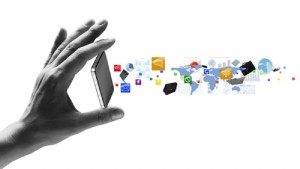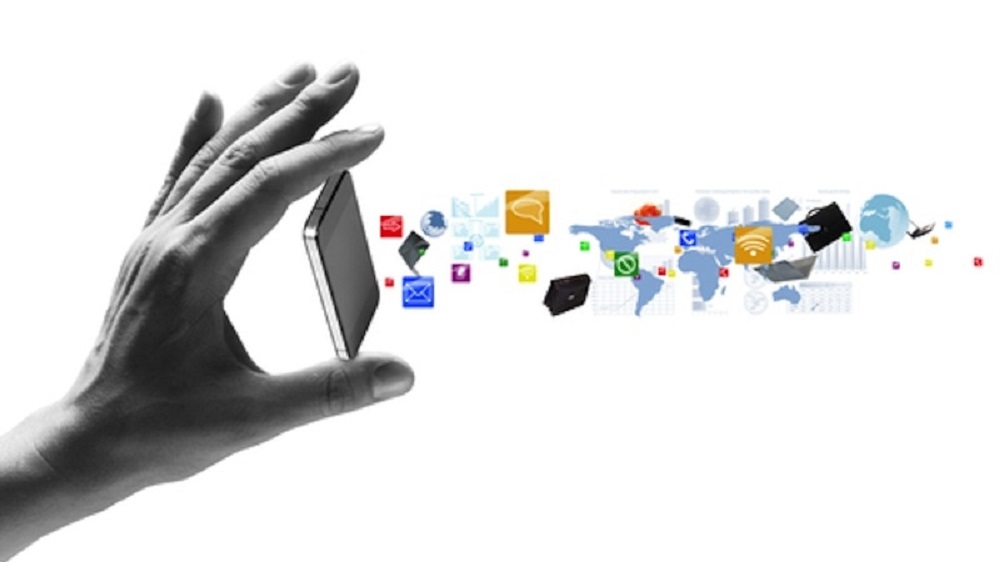A new global study, ‘Mobility, Performance and Engagement’ by the Economist Intelligent Unit (EIU) has established a measurable link between ‘more mobile-first’ working environments and an increase in employee engagement, proving that CIOs can drive increased business performance through well developed and executed mobile strategies.
The study, sponsored by Aruba, a Hewlett Packard Enterprise company, showed that companies rated by employees as ‘pioneers’ in how they support mobile technology saw a rise in productivity (16%), creativity (18%), satisfaction (23%) and loyalty (21%) when compared to organisations that were poorly rated at supporting mobile technology.
This survey of 1,865 employees globally demonstrated that many workers recognise the benefits of mobile-optimised work environments. In fact, six in 10 (60%) employees said mobile technology makes them more productive, while another four in 10 (45%) acknowledge it causes their creativity to rise. It also shows that most employees now have access to mobile devices like laptops and smartphones in the workplace.
The EIU’s analysis looked to define how this wide adoption of mobile technology was impacting business outcomes by defining the key dimensions of a mobile-first employee experience, then demonstrating how each dimension contributes toward business performance. A number of key trends stood out:
Working anytime, anywhere
- The ability to work anytime, anywhere is seen as having the single-biggest impact on employee productivity, with 49% of respondents saying it has the greatest impact on their productivity.
- Additionally, 38% of respondents identify this as having the greatest impact on how satisfied they are with their employer.
The ability to collaborate
- Globally, the ability to collaborate effectively is rated the most important factor affecting creativity (38%) and another third of respondents said it has the greatest impact on their loyalty.
- To help foster better collaboration, 42% of companies are now using digital collaboration tools that work on mobile – a figure that rises to 56% in the UK. Mobile messaging apps such as Whatsapp are also used for work by 31% of organisations, peaking at 66% in Singapore.
Access to mobile information
- Some 42% of employees say that the ability to access information quickly and easily has the greatest impact on their productivity levels.
- Currently 54% of companies are now providing access to the company network from any mobile device in order to support working anywhere in the office or remotely.
Workplace freedom
- For 32% of employees, being able to work anywhere within the office has the biggest contributing factor to their creativity, meaning a company can potentially gain more creative output just by offering some choice. A further 29% declare that workplace flexibility makes the biggest difference to their loyalty.
- To foster this freedom, the report finds that 46% of companies are now offering a hot-desking environment with mobile connectivity at any location, showcasing that more collaborative work environments are on the rise. The UK offers the highest level of hot-desking (54%) followed by Australia and Germany (both 53%).
Mobile is not just for millenaials
Within the EIU study, a respondent’s age was not found to be a factor of how mobile technology impacts their performance and engagement. In fact, it dispels the popular notion that mobile working is the domain of the younger generation, making it even more critical for organizations to place mobile technology as a top priority.
The distinctions were made between respondents who consider themselves early adopters of technology – who Aruba defines as #GenMobile – and those who consider themselves as laggards. Early adopters are significantly more likely to report that mobile technology makes them more productive (72% of this group agree with this statement, compared to 50% of laggards), more satisfied (59% versus 48%), more creative (52% versus 40%) and more loyal to their employer (44% versus 31%).
However, #GenMobile is also more demanding. Four out of 10 say they would never work for a company that did not allow them to use their own mobile devices for work, compared to 22% of all employees.















